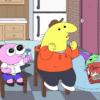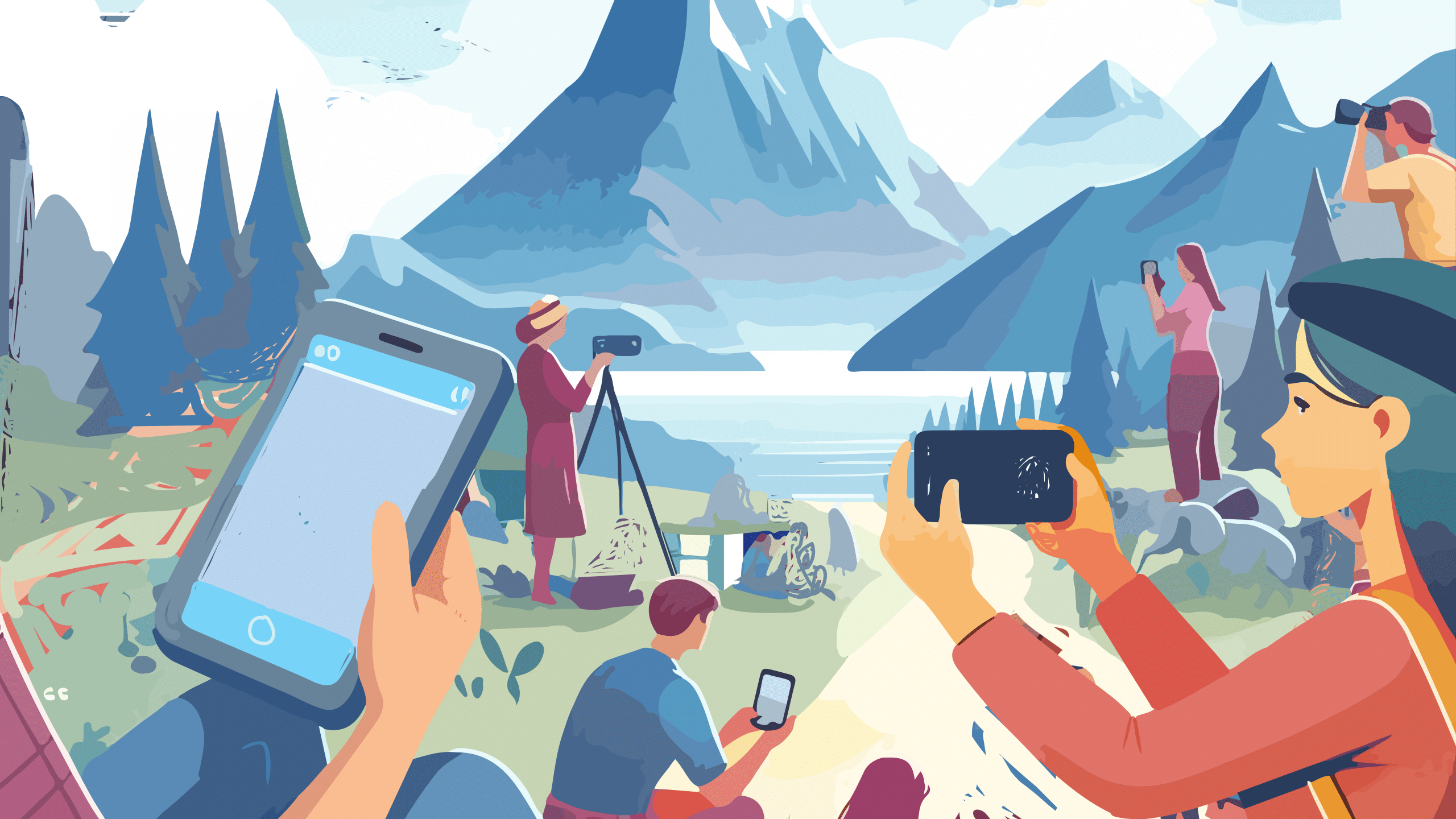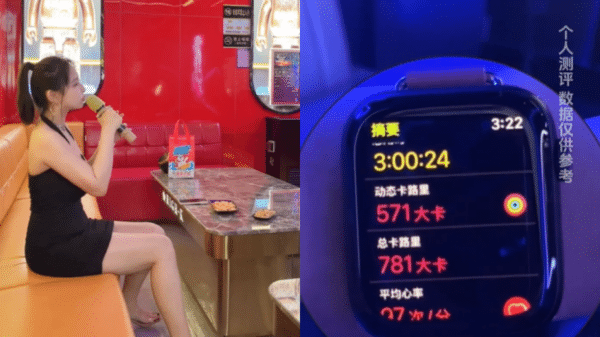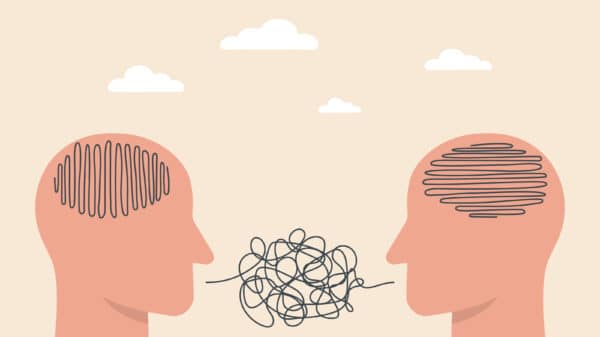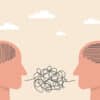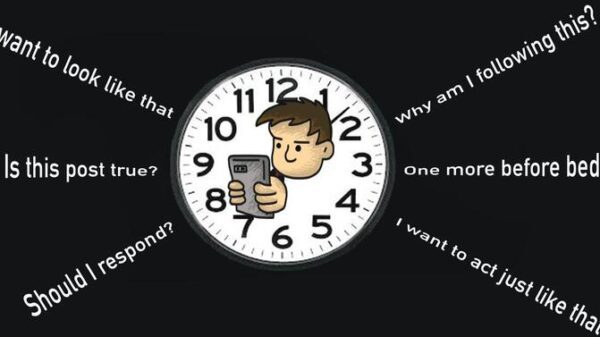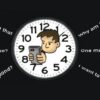In the digital age, mental health therapy is getting a makeover to cater to the unique needs of Generation Z. For a generation raised on instant gratification and gamified experiences, traditional therapeutic approaches often fail to capture their attention or resonate with their lifestyles.
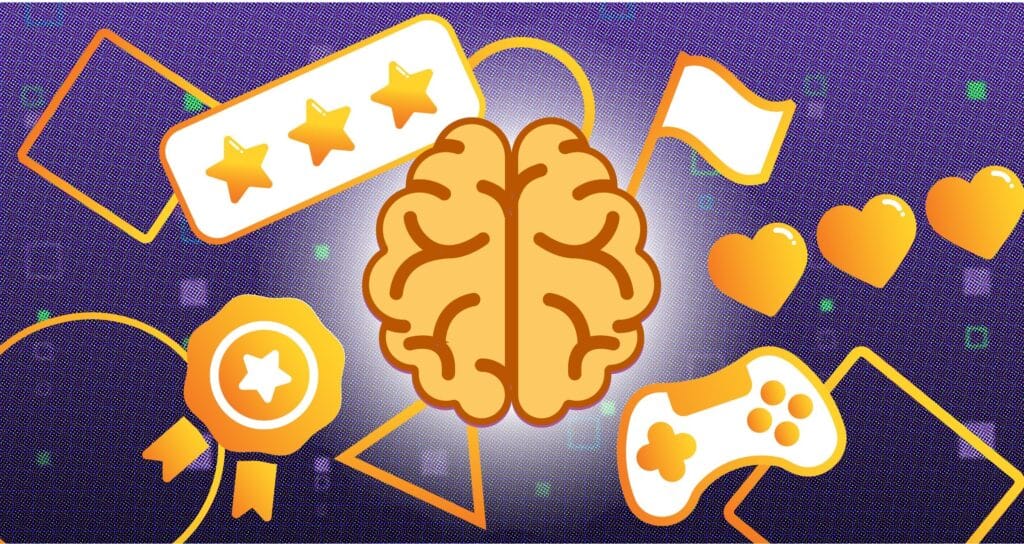
The integration of gamification into mental health therapy is transforming how Gen Z engages with therapeutic practices. By leveraging elements such as points, badges, and rewards, these innovative approaches are making therapy more interactive, engaging, and effective. Here’s a deeper look into how gamification is revolutionizing mental health therapy for Gen Z.
Overcoming Screen Time Anxiety
For Gen Z, the constant barrage of social media notifications and the fear of missing out (FOMO) can be overwhelming. This generation, raised in the digital age, often finds itself tethered to screens, leading to increased anxiety and stress. Gamified therapy apps are tackling this head-on by incorporating challenges that encourage mindful screen time management and digital detoxes. Users earn badges for completing tasks like disabling notifications or setting screen time limits, fostering healthier tech habits.
The app “Forest” encourages users to stay off their phones by growing a virtual tree that flourishes the longer they avoid using their device. Users earn points for each tree grown, which can be used to unlock new tree species. This gamified approach helps users manage their screen time and reduce anxiety associated with constant connectivity. According to user reviews, 70% of users reported a significant reduction in screen time and an improvement in their overall well-being after using the app for a month.
Bullet Journaling for Mental Clarity
The bullet journaling movement has gained traction as a productivity tool, but it also offers significant mental health benefits. Bullet journaling combines the mindfulness of traditional journaling with the practicality of a planner, providing a unique space where creativity meets productivity. Gamified apps are tapping into this trend by rewarding users with points for maintaining a digital bullet journal, helping them organize their thoughts, set goals, and achieve a sense of calm amidst the chaos.
The app “Daylio” allows users to track their moods and activities through a digital bullet journal. Users earn badges for consistent entries and for reaching milestones in their journaling practice. This helps users stay organized and promotes self-reflection and mindfulness, contributing to improved mental clarity. A study found that 80% of Daylio users experienced a noticeable improvement in mood tracking and self-awareness within the first two weeks of use.
@jaredscottlive Which app is your favourite? 🤔 #motivational #motivationalclip #inspirationalspeech #inspired ♬ original sound – Jared Scott
Points and Badges: Motivating Engagement
At the core of gamified therapy lies a system of points and badges. Users accumulate points for completing therapeutic tasks, unlocking badges that signify their progress. This taps into Gen Z’s desire for instant gratification and a sense of accomplishment, motivating consistent engagement with the app.
“SuperBetter” is an app that uses gamification to help users build resilience and improve their mental health. Users earn points and badges for completing “quests” and “power-ups,” which are small, manageable tasks designed to boost their well-being. This system of rewards keeps users motivated and engaged, reinforcing positive behaviours and encouraging continued participation in therapeutic activities. Research indicates that 78% of SuperBetter users reported increased resilience and a reduction in depressive symptoms after three months of use.
Progress Tracking: Maintaining Momentum
Visual representations of progress, such as progress bars or level-up systems, are a hallmark of gamified therapy apps. These features provide a tangible sense of growth, helping users stay motivated and maintain momentum in their therapeutic journey.
The app “Happify” uses progress tracking to help users improve their mental health through science-based activities and games. Users can see their progress through visual representations like progress bars and level-ups, which provide a clear visual cue of their advancement. This helps users stay committed to their mental health goals and encourages them to continue their efforts. Data shows that 85% of Happify users felt more motivated to engage in mental health activities due to the app’s progress tracking features.
Challenges and Missions: Real-Life Application
Gamified apps often present users with challenges or missions that encourage them to apply therapeutic techniques in real-life scenarios. For example, an app might prompt a user to practice deep breathing exercises during a stressful situation, adding an element of adventure to the therapeutic process.
“Woebot” is an AI-driven chatbot that uses gamification to help users manage their mental health. The app presents users with daily challenges and missions, such as practicing mindfulness or engaging in positive self-talk. These challenges help users apply therapeutic techniques in their daily lives, making the process more engaging and practical.
Social Interaction and Community
Many gamified therapy apps incorporate social elements, allowing users to connect with others on similar journeys. This fosters a supportive community, reducing feelings of isolation and providing a space for shared experiences and encouragement.
“Headspace” offers a social feature called “Headspace Groups,” where users can join groups based on their interests or mental health goals. Users can share their progress, offer support, and celebrate achievements together. This sense of community creates a supportive environment where users can connect with others who understand their struggles, providing mutual encouragement and motivation. Surveys show that 82% of Headspace users felt a stronger sense of community and support through the app’s social features.
Customization and Personalization
Personalization is key to engaging Gen Z users. Gamified apps often allow users to create custom avatars or tailor their experience to their preferences, fostering a sense of ownership and deeper engagement with the therapeutic process.
“Habitica” is a gamified task manager that allows users to create custom avatars and personalize their experience. Users can set their own goals, select preferred activities, and customize the app interface to reflect their personality. This level of personalization helps users feel more connected to the app, increasing their commitment to their mental health journey.
Interactive Learning for Mental Health Education
Gamified apps are making mental health education more accessible and engaging through interactive learning elements. Users can earn points or badges for completing educational modules, breaking down barriers to understanding and encouraging proactive mental health management.
“Moodfit” offers interactive learning modules that teach users about coping strategies, stress management, and emotional regulation. Users earn points and badges for completing these modules, making learning fun and interactive. This gamified approach helps users develop a deeper understanding of mental health concepts, empowering them to take control of their well-being.
Enhanced Motivation and Retention
Ultimately, the gamification of mental health therapy aims to enhance motivation and retention, contributing to better therapeutic outcomes. By tapping into Gen Z’s affinity for gaming and instant gratification, these apps are revolutionizing traditional therapeutic approaches, making therapy more interactive, rewarding, and effective.
“Sanvello” is a mental health app that uses gamification to enhance motivation and retention. The app offers a variety of gamified features, such as progress tracking, points, and badges, to keep users engaged and motivated. This continuous feedback and rewards system helps users stick with their therapeutic routines, leading to sustained mental health improvements.
Conclusion
As Gen Z navigates the unique challenges of the digital age, gamified therapy apps are emerging as a powerful tool for promoting mental well-being. By seamlessly integrating therapeutic techniques with gaming elements, these apps are making mental health support more accessible, engaging, and tailored to the needs of a generation raised on technology and instant gratification. Through points, badges, progress tracking, challenges, social interaction, customization, interactive learning, and enhanced motivation, gamified therapy apps are revolutionizing traditional therapeutic approaches, helping users develop healthier habits and achieve their mental health goals.



